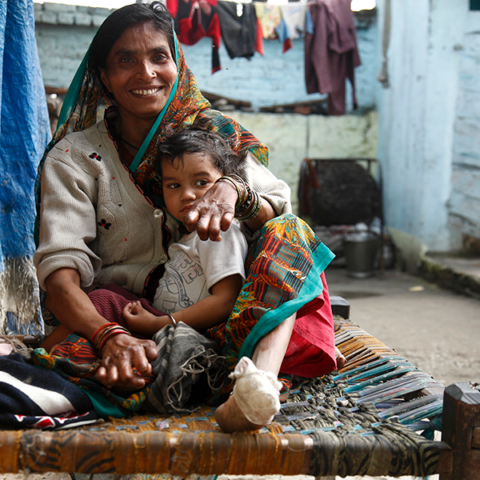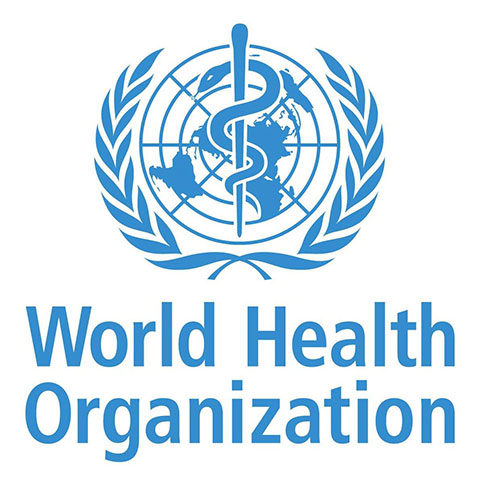
CRPD Conference of State Parties
ILEP member The Leprosy Mission (TLM) attended the United Nations’ 17th Conference of State Parties (COSP) to the Convention on the Rights of Persons with Disability (CRPD) this month. The COSP presents an opportunity to speak about the rights of persons affected by leprosy, usually as the only voice for the disabling effects of leprosy and NTDs.
Side event
TLM hosted a side event on the rights of persons with disability to work, partnering with the Government of Malta and others. The meeting room was full, but the UNTV recording of the event is here. The panel included OPDs, UN entities, the World Bank, and academia, with a keynote address by Ms Heba Hegrass, UN Special Rapporteur on the Rights of Persons with Disability.
Speeches at the conference
Two persons with lived experience of leprosy spoke at the conference. Amar Timalsina spoke during the Civil Society Forum on the right to work, with a particular focus on best practice. Mathias Duck made a speech during the general debate, asking delegates to remember leprosy and persons affected by leprosy through their work.
Progress on discriminatory laws
One of the founding principles of the CRPD is that there will be no discrimination in law against persons with disabilities. This makes the COSP an ideal space to talk to countries about laws that discriminate against persons affected by leprosy. At the last COSP, TLM started dialogue with Malta about an outdated discriminatory law which is now on the verge of repeal. Malta has offered support in speaking to the other nine Commonwealth nations with discriminatory laws. This year TLM started conversations with Australia about repealing two recently discovered discriminatory laws, and either continued or initiated linkages with UAE, Egypt, and Barbados which confirmed that a previous discriminatory law has been repealed.
CRPD Committee
The CRPD Committee is the body who is responsible for holding states accountable for their actions to implement the CRPD. The COSP elected new Committee members from Dominican Republic, the EU, Japan, Jamaica, Nigeria, and Uruguay. These individuals are in a position to draw the Committee’s attention to the rights of persons affected by leprosy, so they are valuable contacts.
Meeting with OPDs
The voices of persons affected by leprosy can be stronger when they are a part of the wider voice of the disability movement. When states seek to consult with Organisations of Persons with Disability (OPDs), for example, it is important that organisations of persons affected by leprosy are included. TLM built on the dialogue at the ILEP-hosted webinar on people’s organizations, which took place in January, by speaking to several OPDs that attended COSP17 to find out how organizations of people affected by leprosy can engage with these wider networks to have their voices heard.
Global Disability Summit 2025
Next year, the Global Disability Summit will be hosted in Berlin in April. At COSP17, the Summit hosts (Germany, Jordan and the International Disability Alliance) launched the commitment portal for the Summit and called on states, NGOs, funders and others to make measurable, impactful commitments related to the CRPD and SDGs. This year the portal allows for commitments in partnership with others, so ILEP members can make joint commitments or partner with other actors.
In the words of the organisers, ‘the process of developing the commitments is as important as the commitment itself’. IDDC offers briefing sessions on the Summit on 24 July and 25 September.
World Summit for Social Development 2025
This summit, scheduled for 2025, follows the major Summit for the Future in September, and is being pitched as an opportunity to reduce inequalities and to promote social justice, inclusion, equity and non-discrimination.
Any questions on COSP17 of the above developments can be directed to Mathias Duck and Tim Burton.

